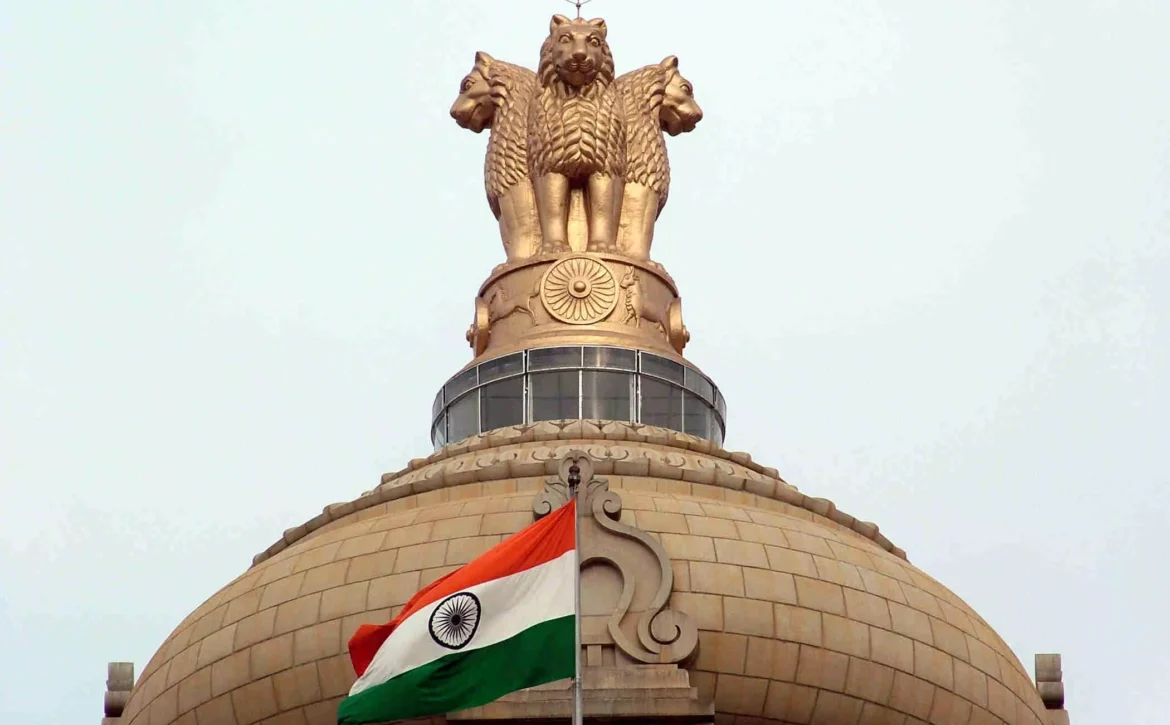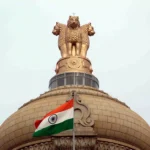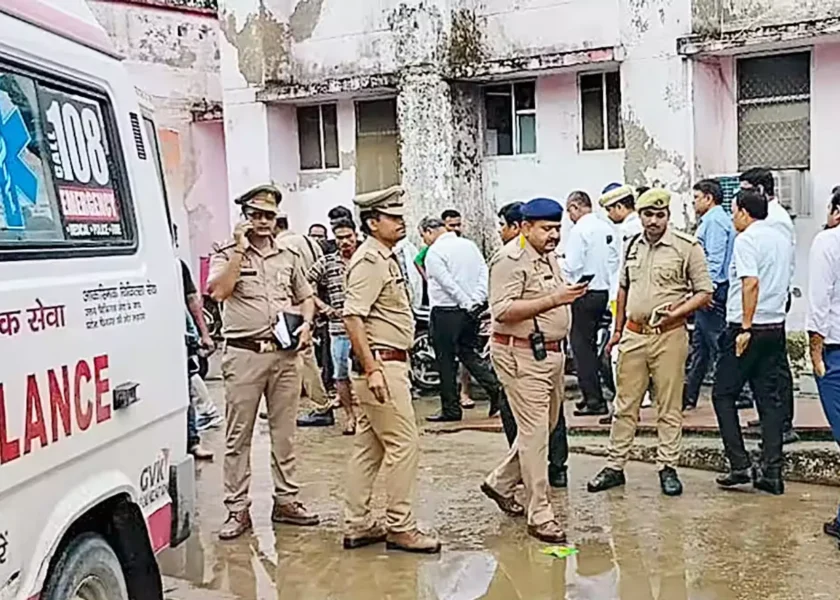
Setting benchmark for posterity
IAS officers must live up to the lofty ideals envisaged at the time of incorporation of the service, and act independently for welfare of the people
April 21 is celebrated as the national Civil Services Day. It was on April 21, 1947, that Sardar Vallabh Bhai Patel introduced the All-India Services to the nation by transforming the former Indian civil service. I would talk about the IAS in this article (being a member of this service, I feel more qualified to do so). The IAS is the direct successor to the ICS which was known as the steel frame of the country, and the entire British administration of India depended on the competence, strength, impartiality and integrity of the service. However, at the time of independence, the ICS faced a monumental crisis of existence because of having served the colonial masters and carried out their orders through which they had incurred the displeasure of many leaders of the nationalist movement. There was a feeling of resentment and they were seen as oppressors. Many senior leaders called for abolition of the ICS but the service found a savior in home minister Sardar Vallabh Bhai Patel who was clear that many of them were loyal and patriots, and that they would now give their total support to the new government of independent India. He went so far as to say, “if most of the members of the service had not been serving the country efficiently, practically, the Union would have collapsed”. However, to remove the psychological barrier that people may have against the ICS, he introduced the IAS which would be an all-India service and be recruited through a common exam.
On the annual civil service day, IAS officers must go back to the expectations that Sardar Patel had for the service. He famously said, “you are pioneers in the Indian service and the future of the service will depend much upon the foundation and tradition that will be laid down by you, by character and abilities and by your spirit of service”. He highlighted the five characteristics the IAS as the service should have. The foremost among these was absolute impartiality and incorruptibility, followed by integrity, working without any expectation of extraneous rewards, sovereignty and spirit of service. He went on to say, “along with discipline you must cultivate and esprit de corps without which a service has little meaning. You should regard it as a proud privilege to belong to the service – covenants of which you will sign and uphold, through your service, its dignity, integrity and incorruptibility”.
The IAS today has to ask itself whether it has lived up to the lofty ideals with which it was created. The answer to this would be mixed. The service has produced outstanding and dedicated officers who have contributed to building the nation, and they have stood for the values enshrined in the Constitution as well as worked with a sense of service to the people. Yet, a large section of people criticize the service as being rule-bound, resistant to change, overbearing, arrogant, self-seeking, obstructionist and not suited for the 21st century. Some of these adverse perceptions may not be based on reality, but it cannot be denied that the IAS is at the crossroads, and it is only through working with integrity and impartiality and delivering results, that they would be able to justify their existence.
One of the charges against the service is that of elitism but this is not true today as the service today represents a diverse body of individuals who are in a position to understand the genuine problems faced by the nation. The technological, social, economic and political environment is changing at a rapid pace, and the IAS as a service must show that it has the capacity and dynamism to not only respond to these changes but also provide leadership for the future. There is no doubt that the recruitment for the service done by UPSC is absolutely fair. The best amongst those who apply are selected through a rigorous process. People may have suggestions about improvement in the scheme of the recruitment exam but there is no denying that the current process has also emerged after deep deliberation, and has proved to be successful in selecting the cream. However, the working environment is such that after a few years in the service, a large number of officers tend to lose their initial dynamism and mellow down considerably. The fear of being held responsible for their action in the future by the CAG, CVC, CBI or the Hon’ble Courts makes the officers adopt a safety-first attitude and they are more interested in covering their tracks than in getting things done. This leads to a culture of files moving from one table to another without decisions being taken, thus slowing down the growth process of the economy. There is an urgent need to evolve a system where performance would be measured on the basis of decisions taken, projects implemented, public services delivered, innovative solutions found to problems and integrity in all aspects ensured. It is possible to evolve such a system, and efforts are being made in that direction, but much more needs to be done. An IAS officer must be aware that just by maintaining a status quo, he/she is not likely to get promoted to higher echelons of the service, and that the only way to reach the top is by delivering on results and outcomes. Processes, procedures and regulations are important to reduce discretion, create a level playing field and also lead to proper utilization of public money. However, these rules and regulations should not get converted into red tape and bind the officer down into a state of action paralysis. Of course, it is important for the government to design systems which will allow the officers to fail in the process of taking bonafide decisions in the interest of the people. The officer should not be personally held accountable for every mistake because if this is not done then the officers will not be proactive, innovative, imaginative or creative.
In a democracy, the elected political representative enjoys supremacy and his/her main strength is understanding the pulse of the people. It is the politician who gives the vision of how the country has to move forward but it is the IAS officer whose job is to translate the vision into reality. The officer has to assist the political master in designing policies for the welfare of the citizen and then ensuring that these policies are effectively implemented. However, the problem these days is that there is a high degree of political interference in the areas where the civil servant is expected to act independently. Political intervention is necessary in a democracy but interference that hinders the process of delivering quality services with integrity and impartiality to the people is definitely not acceptable. Unfortunately, the trend now is that the level of political interference has increased considerably, emasculating the bureaucracy. Transfers have been weaponised by the political master to bring the civil servant down on his knees. This has also led to two more dangerous trends. One is that the civil servants and the politicians form a nexus and together work in a manner which is detrimental to good, honest governance. The second is when civil servants openly start aligning themselves with a particular political party. A democracy will give results if the political master and the civil servants work in tandem like two wheels of a car. If they both pull in different directions the car would crash. There is, thus, an urgent need to evolve a system where the politicians and the civil servants stick to their turf and work together for the benefit of the people.
The writer is an ex-Chief Secretary, Govt of Uttar Pradesh. Views expressed are personal




